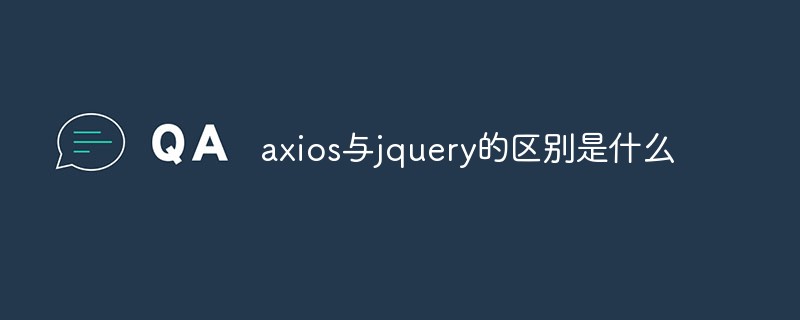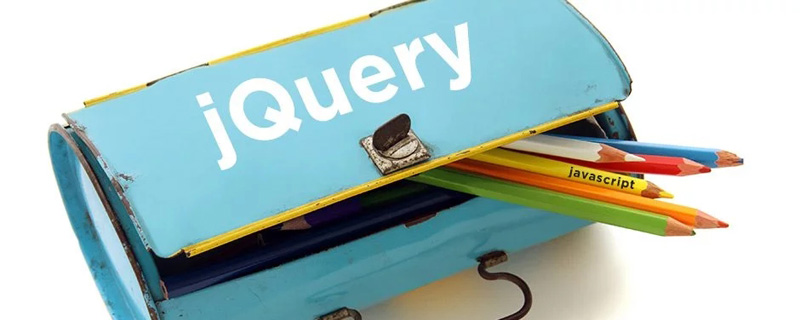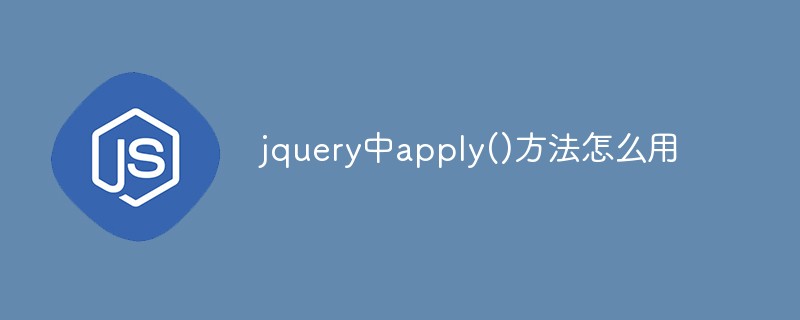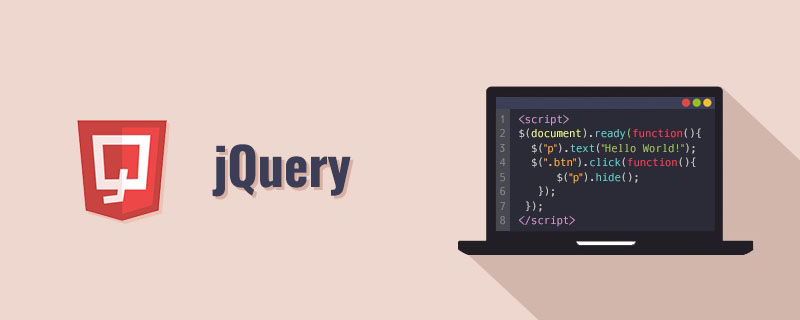 Web Front-end
Web Front-end JS Tutorial
JS Tutorial Decomposition of the implementation principle of noconflict function in jQuery_jquery
Decomposition of the implementation principle of noconflict function in jQuery_jqueryIn jQuery, noconflict is an important method used to prevent variable conflicts and release control of variables. We know that jQuery provides two global variables to the outside world, $ and jQuery. Although jQuery only generates two global variables, conflicts will only occur in rare cases. However, if the web page contains more class libraries, there will be automatic A conflict occurs when defining $ or the existence of a jQuery global variable.
The noconflict function provided by jQuery solves the variable conflict problem very well. Whether it is $ or jQuery conflict, it can be solved. Next, let’s analyze jQuery’s conflict handling.
First, let’s take a look at the implementation of noconflict in the jQuery source code:
(function(window,undefined){
var
// Map over jQuery in case of overwrite
_jQuery = window.jQuery,
// Map over the $ in case of overwrite
_$ = window.$,
jQuery.extend({
noConflict: function( deep ){
if ( window.$ === jQuery ) {
window.$ = _$;
}
if ( deep && window.jQuery === jQuery ) {
window.jQuery = _jQuery;
}
return jQuery;
}
})
}(window)
Here jQuery.extend is jQuery's method of extending static properties. This can be seen as directly attaching the noConflict method to jQuery. Inside the anonymous function, define internal variables _jQuery and _$ respectively to store window.jQuery and window.$. The purpose of this is to use internal variables to save the state of these two global variables before jQuery is run, so that they can be used later. These two variables are restored in the anti-collision operation. noConflict can handle the conflict between the two variables $ and jQuery. It handles $ by default. If a true parameter is passed in, the jQuery conflict will be handled.
window.$ === jQuery is used to determine whether the global variable is equal to jQuery. If it is equal, the global variable $ is restored to the variable before jQuery was run (stored in the internal variable _$); deep && window.jQuery === jQuery When deep conflict handling is enabled and the global variable jQuery is equal to the internal jQuery, the global jQuery is restored to its previous state. The significance of judging window.$ === jQuery and window.jQuery=jQuery is to protect the defined variables from being overwritten, such as the following code:
//引入jQuery库 var $="String"; var jq=jQuery.noconflict(); var jQuery="This is a line"; var j=jq.noconflict(true); console.log($);//这里如果没有window.$===jQuery这句判断,那么$将会等于undefined而不是"String"。 console.log(jQuery); //同上,如果没有判断window.jQuery===jQuery,重新定义的jQuery就会被undefined覆盖。
The entire operation process is shown in the figure below:

noConflict returns the jQuery constructor inside the jQuery library, use it like $!
 jquery实现多少秒后隐藏图片Apr 20, 2022 pm 05:33 PM
jquery实现多少秒后隐藏图片Apr 20, 2022 pm 05:33 PM实现方法:1、用“$("img").delay(毫秒数).fadeOut()”语句,delay()设置延迟秒数;2、用“setTimeout(function(){ $("img").hide(); },毫秒值);”语句,通过定时器来延迟。
 axios与jquery的区别是什么Apr 20, 2022 pm 06:18 PM
axios与jquery的区别是什么Apr 20, 2022 pm 06:18 PM区别:1、axios是一个异步请求框架,用于封装底层的XMLHttpRequest,而jquery是一个JavaScript库,只是顺便封装了dom操作;2、axios是基于承诺对象的,可以用承诺对象中的方法,而jquery不基于承诺对象。
 jquery怎么修改min-height样式Apr 20, 2022 pm 12:19 PM
jquery怎么修改min-height样式Apr 20, 2022 pm 12:19 PM修改方法:1、用css()设置新样式,语法“$(元素).css("min-height","新值")”;2、用attr(),通过设置style属性来添加新样式,语法“$(元素).attr("style","min-height:新值")”。
 jquery怎么在body中增加元素Apr 22, 2022 am 11:13 AM
jquery怎么在body中增加元素Apr 22, 2022 am 11:13 AM增加元素的方法:1、用append(),语法“$("body").append(新元素)”,可向body内部的末尾处增加元素;2、用prepend(),语法“$("body").prepend(新元素)”,可向body内部的开始处增加元素。
 jquery怎么删除div内所有子元素Apr 21, 2022 pm 07:08 PM
jquery怎么删除div内所有子元素Apr 21, 2022 pm 07:08 PM删除方法:1、用empty(),语法“$("div").empty();”,可删除所有子节点和内容;2、用children()和remove(),语法“$("div").children().remove();”,只删除子元素,不删除内容。
 jquery中apply()方法怎么用Apr 24, 2022 pm 05:35 PM
jquery中apply()方法怎么用Apr 24, 2022 pm 05:35 PM在jquery中,apply()方法用于改变this指向,使用另一个对象替换当前对象,是应用某一对象的一个方法,语法为“apply(thisobj,[argarray])”;参数argarray表示的是以数组的形式进行传递。
 jquery on()有几个参数Apr 21, 2022 am 11:29 AM
jquery on()有几个参数Apr 21, 2022 am 11:29 AMon()方法有4个参数:1、第一个参数不可省略,规定要从被选元素添加的一个或多个事件或命名空间;2、第二个参数可省略,规定元素的事件处理程序;3、第三个参数可省略,规定传递到函数的额外数据;4、第四个参数可省略,规定当事件发生时运行的函数。
 jquery怎么去掉只读属性Apr 20, 2022 pm 07:55 PM
jquery怎么去掉只读属性Apr 20, 2022 pm 07:55 PM去掉方法:1、用“$(selector).removeAttr("readonly")”语句删除readonly属性;2、用“$(selector).attr("readonly",false)”将readonly属性的值设置为false。


Hot AI Tools

Undresser.AI Undress
AI-powered app for creating realistic nude photos

AI Clothes Remover
Online AI tool for removing clothes from photos.

Undress AI Tool
Undress images for free

Clothoff.io
AI clothes remover

AI Hentai Generator
Generate AI Hentai for free.

Hot Article

Hot Tools

Zend Studio 13.0.1
Powerful PHP integrated development environment

Atom editor mac version download
The most popular open source editor

ZendStudio 13.5.1 Mac
Powerful PHP integrated development environment

SublimeText3 Mac version
God-level code editing software (SublimeText3)

Dreamweaver Mac version
Visual web development tools





